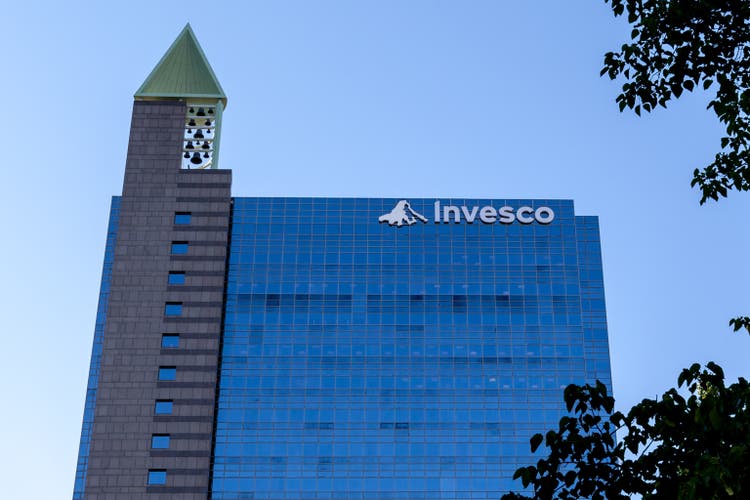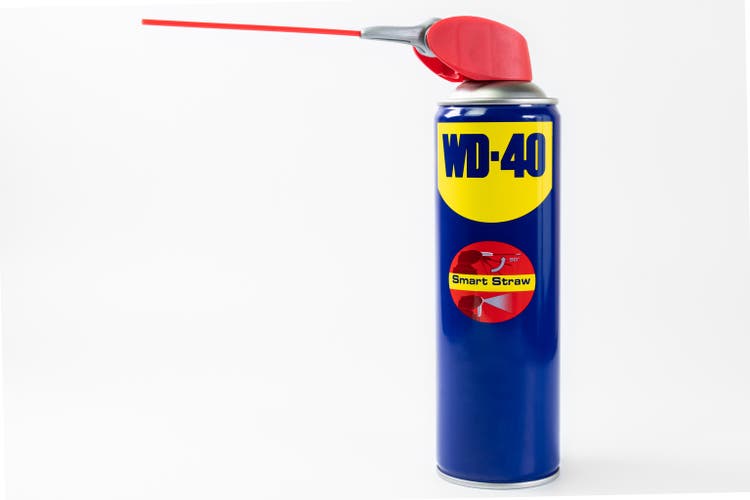America has always been a nation powered by small businesses—local merchants, family-run service businesses, independent companies, restaurants, dry cleaners, and home service businesses. Such companies once formed the backbone of middle-class opportunity, offering a path to economic independence and intergenerational mobility. Entrepreneurship drove our rise, especially among immigrant communities, where opening a storefront or service business meant the difference between survival and prosperity.
But today, that small-business lifeblood is being squeezed by a stealth python that is constricting entrepreneurship. Private equity (PE) firms have now increasingly targeted these local businesses by buying up competitors, flooding markets with scale and low prices, getting control of a market, and tightening margins until independent owners are squeezed out. Then, in due time, once they get control of a market, the PE firms raise prices. So, even the consumers don’t benefit. Additionally, companies bought by private equity firms are 10 times more likely to go bankrupt than their peers, as Megan Greenwell reports in her just-released book Bad Company.
Entrepreneurship in retreat
Consider office supply stores. Family-run shops once dotted small communities across the country, but today they’ve been consolidated into regional giants like Office Depot and OfficeMax—typical private equity roll-ups. Who would realistically ever start a small office supply store to compete with these giants? The result? Local owners become employees, losing the wealth-creation opportunity that is unique to business ownership.
This isn’t accidental. In fact, it’s a textbook PE strategy: Acquire fragmented businesses, lower costs through centralization, underprice competitors, and then, once market share is secured, raise prices for maximum profit. These deals are cloaked in financial engineering, but their real impact is socioeconomic: fewer owners, fewer options, less upward mobility.
Venture capital has played a role as well. Consider the decline of owner-operator taxi drivers with taxi medallions. Now Uber and Lyft dominate, backed by VC capital. Have you noticed that Uber prices now look a lot like what taxis used to charge? What was once a launchpad to wealth is now just a paycheck.
The data paints a stark picture. As of 2024, the top 10% of households in the U.S. held approximately 67.2% of total wealth, while the bottom 50% held just 2.5%. Startup formation has been slowing for decades, and new-business creation rates are down by 28% since the early 1980s. These shifts show fewer new businesses, fewer owners, and fewer pathways for upward mobility for ordinary Americans.
This concentration doesn’t just harm small-business owners, it chokes opportunity. As the wealthiest Americans have taken a bigger share of income, jobs at small businesses have dropped by about 5% since 1980. That spells fewer jobs, fewer origins for upward mobility, and fewer communities that thrive locally.
Put simply, private equity roll-ups are reversing the heartbeat of entrepreneurship. Wealth and control are concentrating. The outcome? Less competition, higher consumer prices, limited options, and a shrinking middle class, a trend many economists warn flirts with oligarchy.
Backing business ownership
What would happen in 20 years if we continue down this path? Independent entrepreneurship will be a distant memory. Owning your own small business will be as rare as owning a standalone bookstore is today. Workers become permanent employees with a minimal equity stake. Communities lose their character. And the American Dream, once synonymous with starting your own business, becomes a nostalgic myth.
What’s the antidote? We must restore real entrepreneurial pathways by protecting small, independent businesses from predatory consolidation and support putting ownership within reach. Public policy should limit roll-ups in key local sectors: restaurants, health-care practices, lawn services, local retail, and home services. We should incentivize employee-ownership models. We also need appropriate government intervention early to stave off this trend.
This isn’t about rejecting capitalism, it’s about calming its excesses before it engulfs opportunity itself. Capitalism can only survive if it is constrained. Real competition fosters innovation, accountability, consumer choice, and job creation. But unchecked, the system implodes. Teddy Roosevelt understood this. “Scale” becomes a weapon against the common man. That is not democracy; that is economic authoritarianism.
The real threat is not foreign; it’s our own financial system. It’s time to release the squeeze. Let’s rebuild a landscape where local entrepreneurs can compete, prosper, and uplift their communities. Let’s ensure the path to business ownership isn’t closed off by Wall Street’s python but remains open to every American willing to lift themselves and their families.
That’s how we preserve not just capitalism, but the American promise.
The opinions expressed in Fortune.com commentary pieces are solely the views of their authors and do not necessarily reflect the opinions and beliefs of Fortune.
This story was originally featured on Fortune.com

 4 hours ago
1
4 hours ago
1












 English (US) ·
English (US) ·